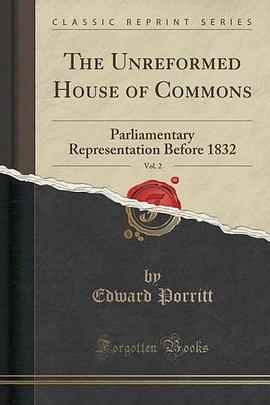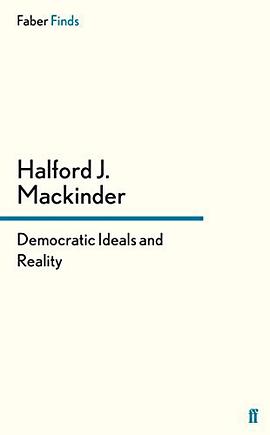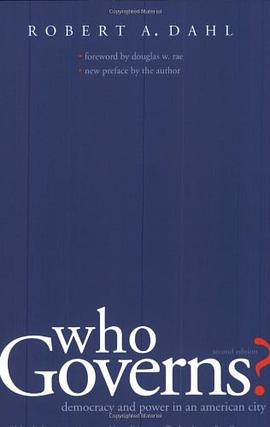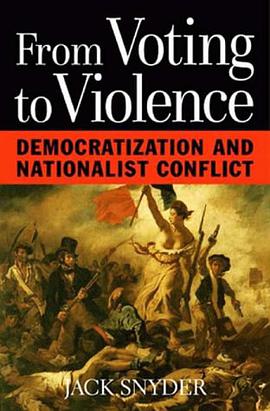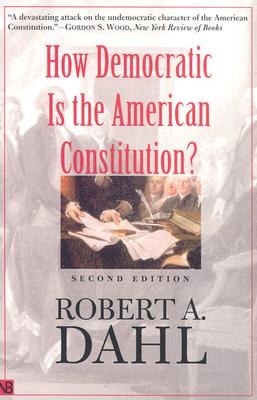From Publishers Weekly
In this acutely argued book, Columbia University political scientist Snyder challenges the American dogma that voting is a political panacea regardless of conditions or circumstances. Critically assessing American foreign policy in the 1990s, he argues that promoting free elections often produces serious conflict; he argues that where critical preconditions are not present (where there isn't, for instance, an adaptable ruling elite or institutions such as the rule of law and a free press), embracing the popular ballot often leads to the rise of a noxious nationalism, conflict and war: "Democratization produces nationalism when powerful elites within a nation need to harness popular energies to the tasks of war and economic development" yet "want to avoid surrendering real political authority." Snyder supports his theory with overwhelming evidence from a diverse array of historical situations--from revolutionary France to Nazi Germany, from Eastern Europe after the breakup of the Soviet Union to central Africa and central and southern Asia. His documentation suggests a pattern in ethnically divided authoritarian states: ethnic/nationalist conflict often bursts out just as efforts at democratization get underway. Drawing on his analysis, Snyder "prescribes ways to make democratic transitions less dangerous." The intellectual rigor of this important book distinguishes it from arguments driven by simple conservative longings for authoritarian rule; his analysis of the link between the initiation of democracy and resulting nationalism is far more convincing than the common reference to "ancient hatreds" as the source of conflict. Exceptionally well-organized and clearly written, Snyder's book provides a fresh look at the debate over the process of introducing democracy into formerly authoritarian countries. (Apr.)
Copyright 2000 Reed Business Information, Inc. --This text refers to an out of print or unavailable edition of this title.
Review
A scholarly thesis about the perils and difficulties involved in the transition from tyranny to participatory government. Snyder (Political Science/Columbia) finds a correlation between a collapsing central authority (followed by a quickly emerging but immature democratization process) and the newly aroused ethnic conflicts that have sprung up in recent years. He suggests policies that would make such transitions safer, mainly by not rushing democratic political structures into place before the logical stages of progress have been achieved. Snyder also argues that a controlled media in the early phases of democratization may create national mythmaking, and that this may deter the development of democratic institutions (as was the case in Germany before WWI and WWII). He bases his theories upon the historical experiences of Germany, revolutionary France, Serbia, India, postcolonial Africa, and other nations with weak or nonexistent traditions of democratic government. Some of these nations democratic traditions were too weak to offset the powerful forces of ethnic nationalism that, once unleashed, brought violent conflicts against real or perceived enemies (as in Bosnia, Kosovo, Croatia, etc.). The refusal of discredited ruling parties to accept electoral defeat, combined with immoderate appeals to the old ethnic groups that were once held in check by a strong central government, will inevitably present a real and profound danger to peoples not used to democracy. In contrast, Snyder argues, civic identity and civic nationalization divided people the least after the fall of communism (as in Poland, the Czech Republic, Hungary, Ukraine, etc.). He believes that the preconditions of democracy must be in place in order for it to develop sanelyand in order to avoid the ethnic nationalism of hate and civil war that can be driven by manipulating political leaders. Snyder presents logical theories supported by historical studies that question the undue optimism of a rush to an immature liberal democracy at the tragic cost of bloody strife and loss of freedom. National leaders should take notice. (Kirkus Reviews)




